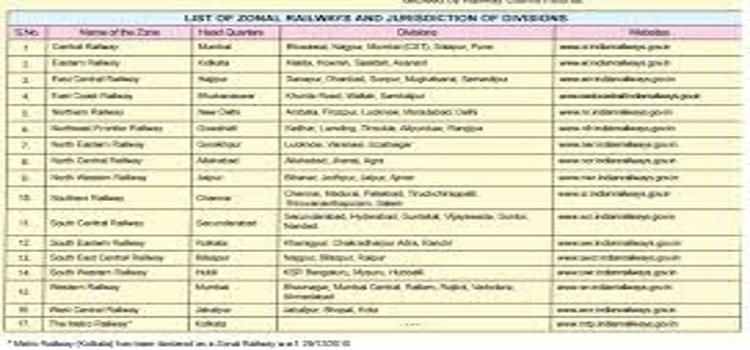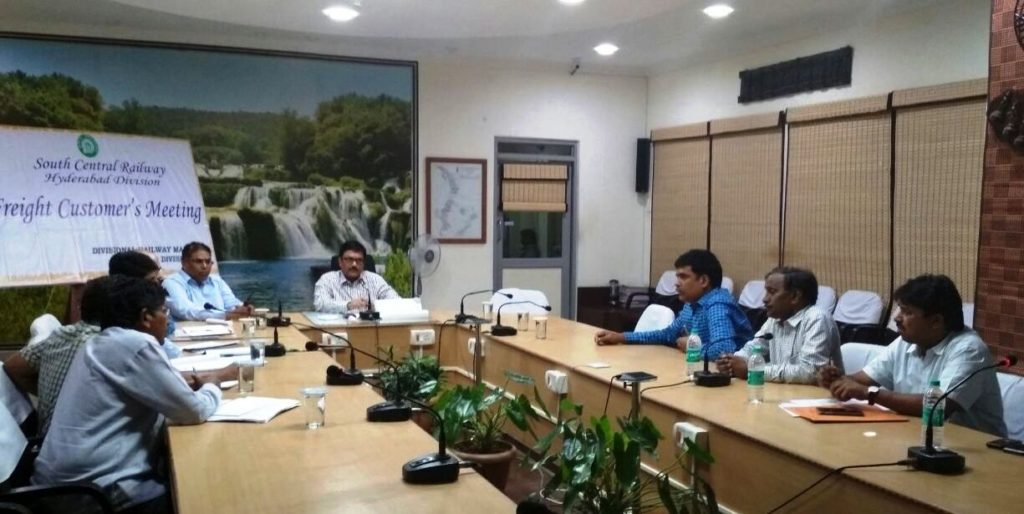
The Container Corporation (CONCOR) of India – a subsidiary of Indian Railways – has started ferrying Nepal-bound cargo containers to Jogbani, the nearest railhead from Biratnagar check post, from today.
Until now, cargo containers via rail were only ferried to Birgunj, where the country’s only rail-linked Inland Clearance Depot (ICD) is located.
However, since long Nepal had been seeking the facility to ferry Nepal-bound cargo containers via rail to the nearest railheads of the major customs points, namely Biratnagar (Jogbani railhead), Bhairahawa (Nautanwa railhead) and Nepalgunj (Rupedhia railhead) considering the high transportation cost of ferrying containers via road and unpredictability of timely delivery of cargo containers to the country.
The government of India allowed ferrying of Nepal-bound cargo containers to Jogbani in Katihar Division of N.F.Railway from last week after the Nepal government initiated installation of electronic cargo tracking system on containers ferried through Kolkata port.
The electronic cargo tracking system (ECTS) is expected to address the concerns of the government of India that the containers bound for Nepal could be opened within the Indian territory and the goods sold in the Indian market. The rails with Nepal-bound cargo containers from Kolkata port to Jogbani have been initiated under test phase, which will end in 90 days. After 90 days, a study document will be prepared with recommendations to make this system functional and effective.
Joint Secretary at the Ministry of Industry, Commerce and Supplies Ravi Shanker Sainju and Sanjeev Kumar, inspector of Central Board of Excise and Customs of India, had inked an agreement in May last year to initiate ECTS, under which the pilot phase has been started.
As per the pact, ferrying of Nepal-bound cargo containers to the railhead of Jogbani can be extended for another 90 days. However, to regularise movement of cargoes via Indian port to nearest railhead of aforementioned major trading routes between Nepal and India, the two countries would have to revise the Transit Treaty, according to Sainju.
Nepal will put the agenda of revision of Transit Treaty during the commerce secretary-level talks, which is going to commence here from tomorrow (Thursday), according to Sainju.
The study report will provide recommendations for effective functioning of ECTS and the provisions that need to be included in Nepal-India Transit Treaty.
Nepal will start the process of revision in treaty from tomorrow based on the standard operating procedure prepared for ECTS, according to Joint Secretary Sainju.
Nepal is also preparing to execute ECTS for containers ferried to Nepal via Vizag port. Once it is implemented, Nepal-bound cargo containers will be directly ferried to Nepal. It will reduce the process related to customs transit declaration in Indian ports and Nepal-bound cargo containers will be delivered on time without having to face any hassles at Indian ports.
The trans-shipment agreement that Nepal has been seeking with India will depend on the effectiveness of ECTS, according to Sainju.




